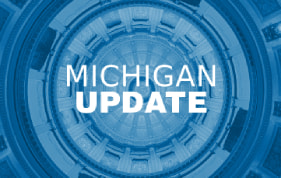On December 10, 2015, HMA Information Services hosted the webinar, “Building Population-Based Integrated Delivery Systems for Vulnerable Populations.”
Designing and implementing population-based integrated delivery systems, particularly those involving multiple medical, behavioral health, dental and social service providers, has become a focus of states, health plans and providers themselves. This focus is growing to include people covered by Medicaid and other government programs, in addition to Medicare. New models are emerging and lessons being learned about effective approaches.
During this webinar you’ll hear from HMA Principals Art Jones, MD, Jeanene Smith, MD, MPH, and Vice President Pat Terrell and about some of these approaches, as well as experiences to build upon. Listen to the replay and:
- Understand the key elements of and best approaches to the design and implementation of multiple provider integrated delivery systems serving primarily Medicaid and uninsured populations.
- Learn how Oregon’s experience with the Coordinated Care Model is shaping both care delivery in that state as well as influencing other similar approaches across the country.
- Learn about a model in Chicago, the Medical Home Network, which is now fully operating as an integrated delivery system for a significant Medicaid membership.
- Hear discussion about barriers and challenges (and strategies to overcome them) as well as the emerging benefits to providers, payers and patients alike.
The slide deck for this webinar can be retrieved by clicking the “DOWNLOAD” button below.



